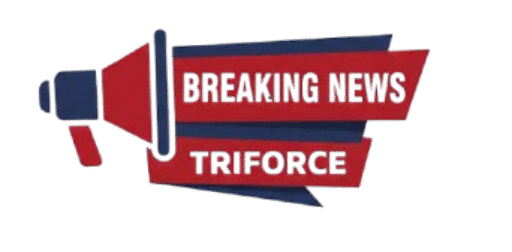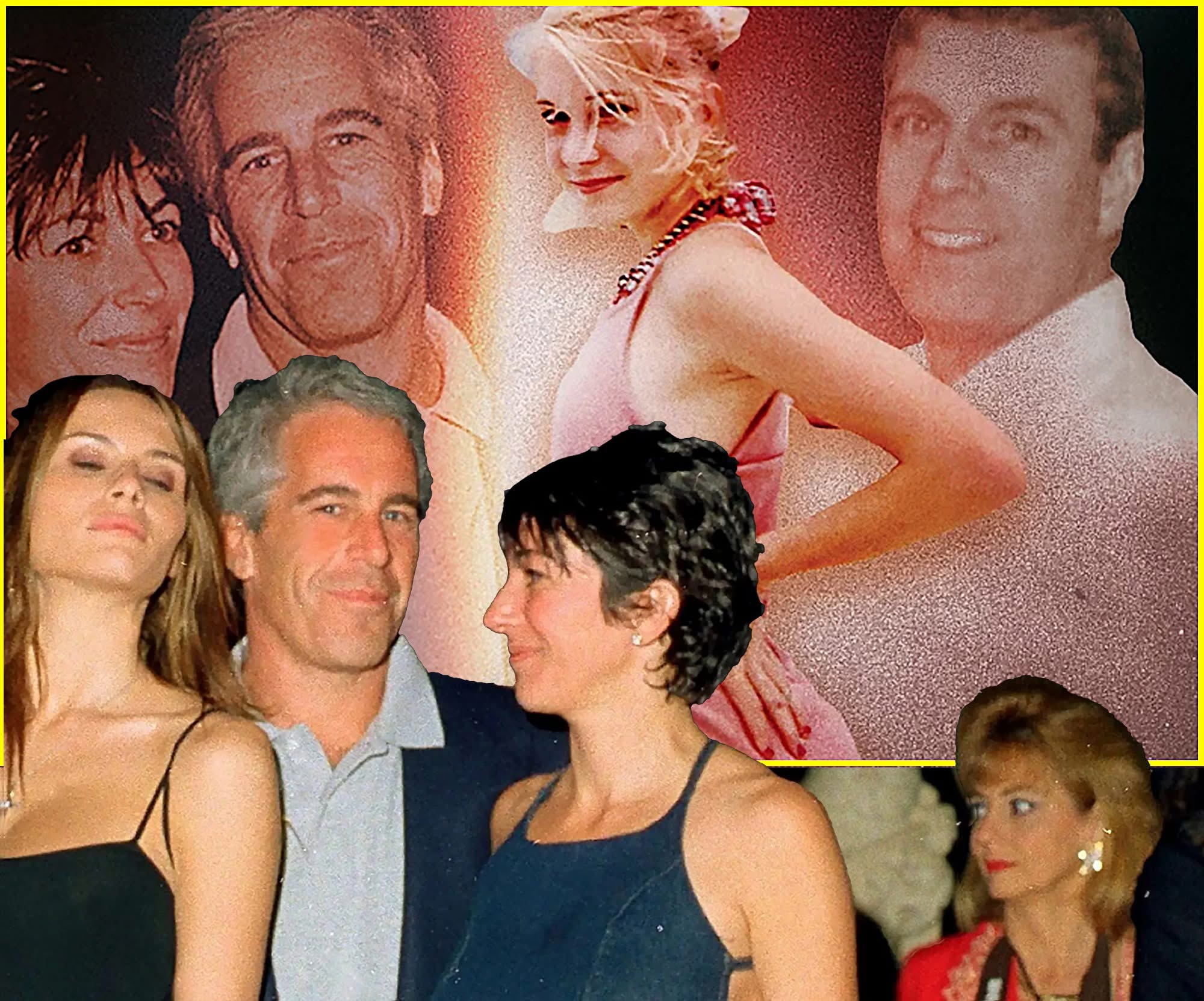In Loving Memory of Bryson: A Little Warrior’s Journey
Bryson was just a small boy when life first introduced him to a battle no child should ever have to face. He was two years old when the word
neuroblastoma entered our lives—a word heavy with fear, uncertainty, and endless hospital visits.
That word marked the beginning of a journey that would test not only Bryson’s tiny body but also the strength, resilience, and courage of everyone who loved him.

The first signs were subtle, almost easy to overlook for such a young child. A persistent lump, occasional bruising, and fatigue that seemed unusual for his playful age.

But as parents, intuition tells you when something isn’t right. Tests were run, scans performed, and finally, the doctors confirmed our worst fears: Bryson had neuroblastoma, a rare and aggressive childhood cancer.

From that moment on, our lives became a whirlwind of appointments, hospital admissions, and treatment schedules that never seemed to end. Surgery was the first obstacle.

Watching our little boy being prepped for the operating room, the tubes, the monitors, the masked faces of medical staff—it was terrifying. Yet, through it all, Bryson never lost his smile. Even in those moments of fear and pain, he held onto a light, a spirit that was impossible to dim.
 Surgery was followed by chemotherapy, each session grueling and exhausting. There were days when Bryson’s tiny body was weak, when nausea and fatigue left him unable to play, to eat, or even to walk without support.
Surgery was followed by chemotherapy, each session grueling and exhausting. There were days when Bryson’s tiny body was weak, when nausea and fatigue left him unable to play, to eat, or even to walk without support.

And yet, somehow, he found the strength to laugh. He found ways to play with his toys, to make funny faces at nurses, and to hug his parents with a determination that defied his fragile state.

Every small victory—a sip of water, a giggle, a few steps on wobbly legs—became a triumph that lifted our hearts and gave us hope.

Radiation therapy came next. The beeping machines, the precise markings on his skin, the long hours lying still while the world carried on outside—these were unimaginable trials for any child.

But Bryson endured. With each treatment, he learned resilience in a way that no child should have to. The other children in the ward, the staff, even visiting families, could not help but be inspired by his bravery. Bryson had a presence that was far bigger than his five-year-old frame.

Throughout these years, there were relapses—moments of crushing disappointment, moments when we feared the worst. And yet, even in those darkest hours, Bryson’s spirit shone through.

He clung to life with a joy and determination that left everyone around him in awe. His laughter, even faint and brief, could fill a room. His hugs could chase away the deepest fears, if only for a moment.

And his eyes—so full of curiosity and love—reminded us every day that this tiny boy was more than a patient. He was a force, a teacher, a little warrior showing the world what it truly means to fight with courage.

The hospital became both our prison and our sanctuary. We watched Bryson grow, not in the way other children do, but in ways far more profound. Every milestone—first steps after chemo, first words spoken clearly after a procedure, first night of uninterrupted sleep—was celebrated with tears of relief and hearts full of gratitude.

We learned to cherish the small moments: a drawing he made, a laugh at a silly song, a cuddle in the quiet of his hospital room. Each day became precious beyond measure because each day was uncertain.

Even with the relentless treatments, Bryson found ways to give love. He would hold his little brother’s hand, play peekaboo with visiting cousins, and comfort his parents when despair threatened to overwhelm us.

His bravery was not just physical—it was emotional, spiritual, and deeply transformative for everyone who knew him. Bryson taught us about joy amidst suffering, hope amidst uncertainty, and the unbreakable bond between family and a child who fights with all his heart.

September 26th arrived with a quiet sorrow that words cannot fully capture. At just five and a half years old, Bryson’s body could fight no longer. He gained his wings after a battle that can only be described as heroic.

Our hearts shattered, yet we were left with a legacy that will never fade. Bryson’s life, though tragically short, was full of lessons, love, and courage that will stay with us forever.

In the days that followed, we clung to memories: his laughter echoing through hospital halls, the tiny hands that had held ours through fear and pain, the eyes that shone brighter than any star.

Friends and family shared stories of how Bryson had touched their lives, reminding us that his presence had been a gift to the world, not just to those who lived with him day by day.

Bryson’s impact was infinite. He showed us that bravery comes in all sizes, that love can endure even in the face of relentless hardship, and that joy can be found even in hospital corridors and infusion rooms.

Though his physical presence has left us, the imprint he made on our hearts, the lessons he taught us, and the courage he inspired will never fade.
As parents, we are left to navigate a world forever changed by the loss of our little boy. We mourn him deeply, yet we also celebrate him endlessly.

We honor him by continuing to embrace life, to cherish our family, and to advocate for other children fighting battles like his. Bryson’s story is a reminder that every moment is precious, every smile a treasure, and every act of courage worth recognizing.

He was our son, our hero, our light. And though he is no longer with us in body, he will live forever in our hearts. His love, his laughter, and his bravery will guide us, inspire us, and remind us to live with courage every single day.

His life was a testament to strength, hope, and the boundless capacity of a child to teach adults what it truly means to live, to love, and to fight.











In loving memory of Bryson, our little warrior, we hold on to his spirit. Every smile he gave, every moment of joy, every act of bravery will be remembered. And though he has left this world, his wings carry him to a place of peace, where pain no longer exists, and where his courage shines as brightly as ever.
The Nighttime Guardian You Never Knew You Needed: The Possum.338
If a possum could speak, it might begin like this:
“Hi, I’m a possum, and I’m not here to cause trouble. In fact, I’m helping you more than you probably realize.”
For generations, possums have been misunderstood—seen as pests, or even frightening creatures of the night. Their eyes reflect in the darkness, their tails look a little strange, and their habit of playing dead has long made people uneasy. Yet behind their quiet, nocturnal lives lies a story of resilience, survival, and even heroism.
Every single night, an adult possum can eat as many as 2,000 ticks. That’s not just a number—that’s thousands of tiny threats to human health erased in a single evening. Possums are nature’s frontline defenders against tick-borne diseases like Lyme disease and Rocky Mountain spotted fever, illnesses that impact people, pets, and wildlife alike.

But that’s only the beginning. Possums also feed on cockroaches, beetles, slugs, and other insects that spread germs and damage crops. By simply following their instincts, they keep the balance of nature in check, reducing pests without chemicals or human intervention.
And then there’s the snakes.
Possums aren’t just survivors—they are warriors. Their bodies are remarkably resistant to venom. A rattlesnake or coral snake bite that would kill most creatures leaves a possum unfazed. In fact, possums actively hunt and eat venomous snakes, turning what could be a deadly predator into nothing more than a late-night snack. Scientists have studied their blood and discovered a protein that neutralizes snake venom. This remarkable trait has already inspired treatments that could save human lives. In other words, the same possum scurrying through your yard at night may hold the key to future medical breakthroughs.
And yet, despite their vital role, possums are too often met with fear or harm. They are chased away, run over, or worse—when all they want is to quietly raise their babies and do their part in the natural cycle.
The truth is, possums don’t spread rabies the way many assume. Their body temperature is lower than most mammals, making it unlikely for the rabies virus to survive in them. They aren’t aggressive by nature, and more often than not, they freeze or “play possum” when threatened—a defense mechanism, not an attack.
So the next time you spot one in your yard or near the woods, remember: this small, misunderstood creature is quietly working through the night to make your world a little safer. Without possums, there would be more ticks, more venomous snakes, and fewer chances for science to develop lifesaving cures.
“We’re out here working quietly to make the world safer for all of us,” the possum might say if it could. “So please don’t hurt me. Let me raise my babies. Let me do my work. You may not see it, but I’m helping you, every single night.”
In their quiet, overlooked way, possums are reminders that even the most unlikely creatures have a purpose—that the world is full of helpers, some of them small, furry, and active only when the rest of us are asleep.



